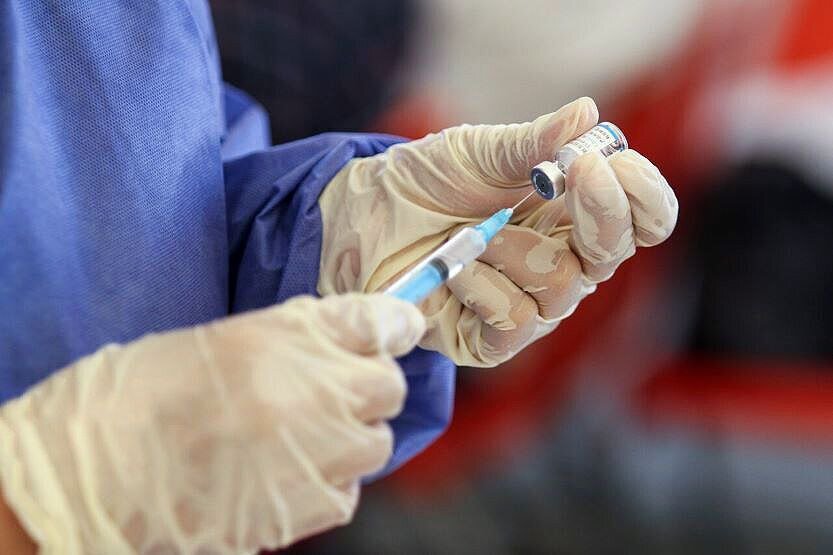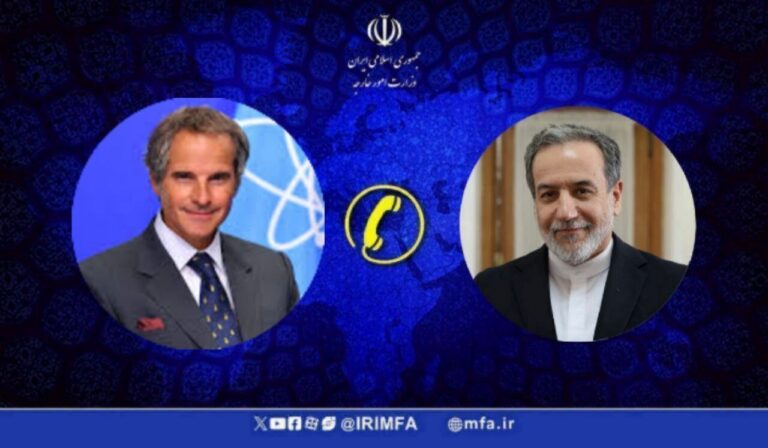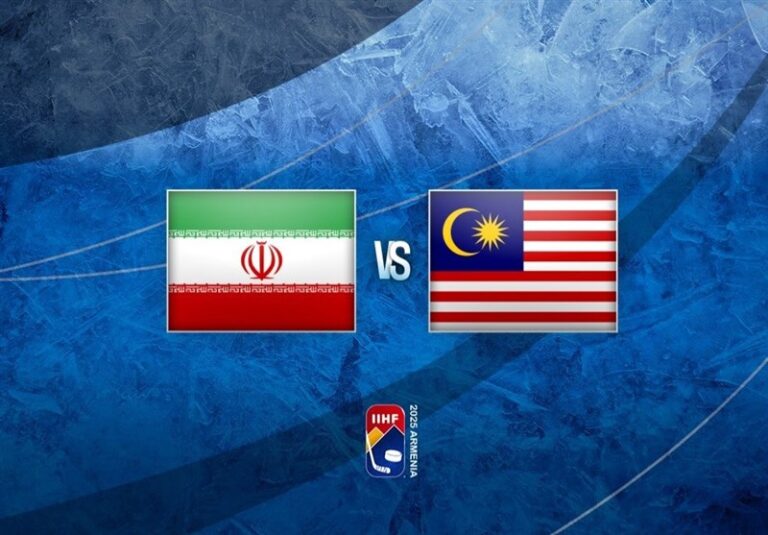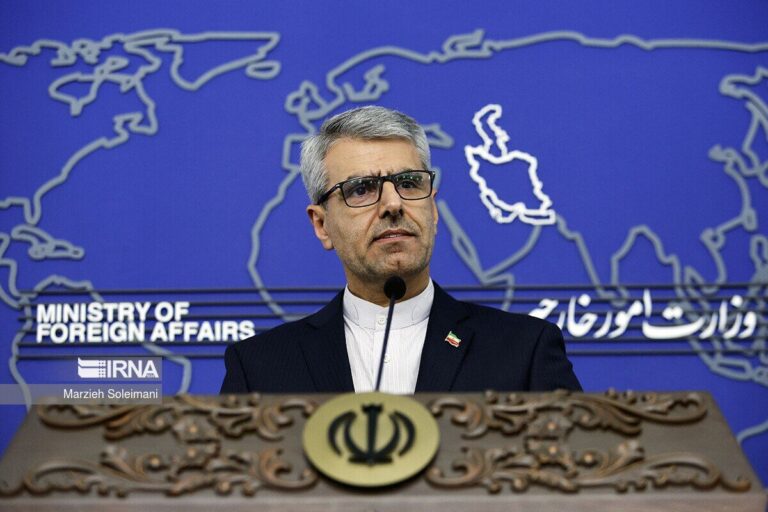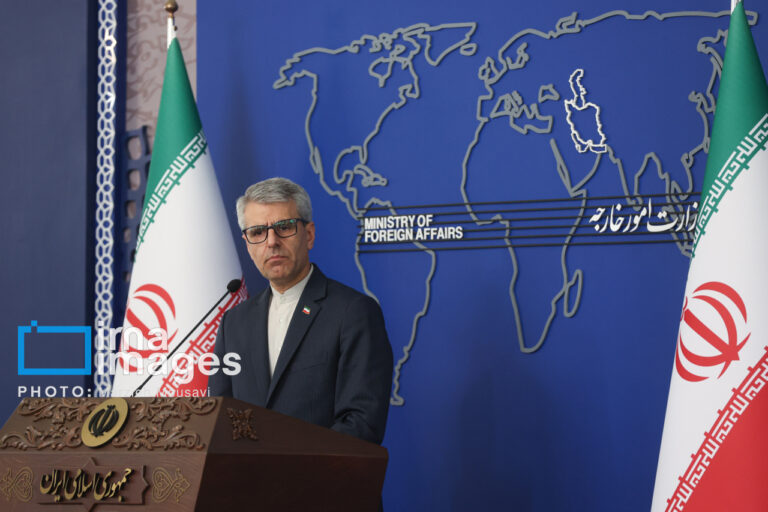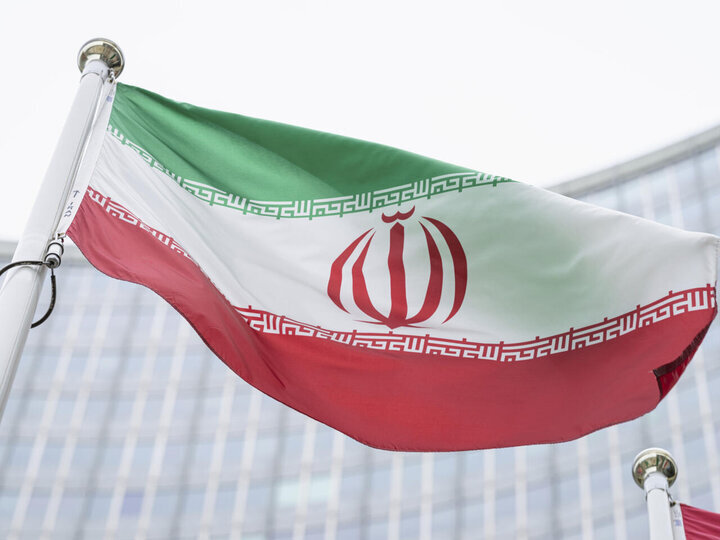Iran Launches Revolutionary Homegrown HPV Vaccine: A Game Changer for Public Health
In a groundbreaking development, Iran has introduced a homegrown human papillomavirus (HPV) quadrivalent recombinant vaccine into the domestic market for the first time. This innovative vaccine plays a crucial role in preventing HPV infections, which are among the leading causes of genital warts and cervical cancer in women. With vaccination being the most effective method for disease prevention, this advancement is set to significantly impact public health.
According to Mehdi Pirsalehi, the director of the Food and Drug Administration (FDA), the vaccine has been expertly developed using domestic knowledge and technology. He emphasized that it has successfully completed all necessary clinical trials, as reported by IRNA. This achievement marks a significant milestone in the country’s healthcare landscape.
This strategic product is not only a vital step toward reducing reliance on imported vaccines but also aims to meet the nation’s needs in preventing HPV-related diseases, particularly among women. Moreover, it lays the groundwork for potential export opportunities, which can further enhance Iran’s position in the global health market.
In January, Alireza Raeisi, a health ministry official, announced plans to incorporate HPV vaccination into the country’s immunization program. This initiative aims to combat the prevalence of cervical cancer and genital warts infections, which, while not common in the country, can have serious health implications.
“Genital warts are not common in the country, so the vaccination mainly focuses on the prevention of the infection,” Raeisi noted in an IRNA report. He also indicated that the HPV vaccine, similar to the influenza vaccine, will be recommended for individuals at higher risk of contracting the disease.
In the Eastern Mediterranean region, several countries, including Saudi Arabia, Libya, Qatar, and the United Arab Emirates, have already begun the national implementation of HPV vaccination programs targeting their respective populations. This regional trend highlights the growing recognition of the importance of HPV vaccination in improving public health standards.
Furthermore, Raeisi mentioned that a bivalent HPV vaccine, targeting subtypes 16 and 18 associated with many cervical cancers, has already been produced in Iran. However, it is essential to note that this vaccine is not sufficiently effective against types 6 and 11, which are primarily responsible for genital warts. This indicates the necessity for the quadrivalent vaccine, which offers broader protection.
Health Minister Mohammad-Reza Zafarqandi has also underscored the significance of self-sufficiency in the production of medicine and medical equipment. He stated, “We are trying to reach self-sufficiency for the supply of medicine and medical equipment,” as reported by IRNA. This commitment to self-sufficiency is crucial for ensuring that the population has access to essential health resources.
In summary, the introduction of the homegrown HPV vaccine is poised to have a profound impact on public health in Iran, particularly in the prevention of cervical cancer and genital warts. The initiative not only signifies a move towards greater self-reliance in healthcare but also aligns with global efforts to combat HPV-related diseases. Here are some key points regarding the new HPV vaccine:
- Homegrown Development: The vaccine was developed using domestic technology and knowledge.
- Clinical Trials: It has successfully completed all necessary clinical trials.
- Public Health Impact: Aims to reduce reliance on imported vaccines and cater to local health needs.
- Inclusion in Immunization Program: Plans to integrate vaccination into the national immunization schedule.
- Regional Implementation: Other countries in the Eastern Mediterranean are also adopting HPV vaccination initiatives.
- Self-Sufficiency Goals: The Iranian government prioritizes self-sufficiency in medicine and medical equipment production.
As the HPV vaccination program progresses, it is essential for the public to stay informed about the benefits and availability of the vaccine. This initiative not only enhances individual health but also contributes to the broader goal of improving public health standards across Iran. The commitment to combating HPV-related diseases is a promising step towards a healthier future for women and the entire population.
